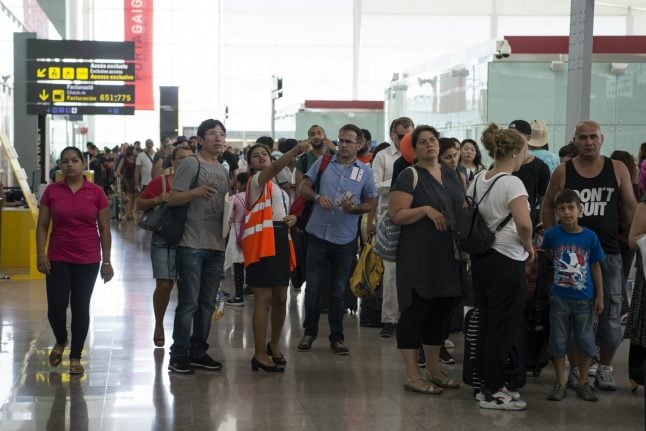Pre-Easter processions are scheduled all over the predominantly Catholic country this week through to Easter Sunday on April 21st.
Millions traditionally go away for a few days during this time of year, which is one of the most important holiday periods, alongside August and Christmas.
Airport unions USO and UGT have called on some 60,000 ground staff to go on strike on Easter Sunday and on April 24th as they demand that employers' rights be carried over when they switch from one company to another.
Pilots' union Sepla also called for stoppages by its Air Nostrum pilots on April 15th, 16th, 17th, 22nd, 23rd and 24th in protest over plans to outsource flights to other companies within the same group, Ilai.
“The Sepla strike will force Air Nostrum to cancel 148 flights next week,” the carrier said, adding that “some 10,000 passengers will be affected by the cancellations in the first three days” of stoppages.
Rail unions have also called a strike on April 17th to force the Spanish state to sign up to a collective bargaining agreement.
Meanwhile, the train drivers' union, Renfe, has called off a stoppage planned for April 23rd saying bosses have made concessions with regard to some of their demands.
READ ALSO: How strikes in Spain could ruin your Easter travel plans



 Please whitelist us to continue reading.
Please whitelist us to continue reading.
Member comments